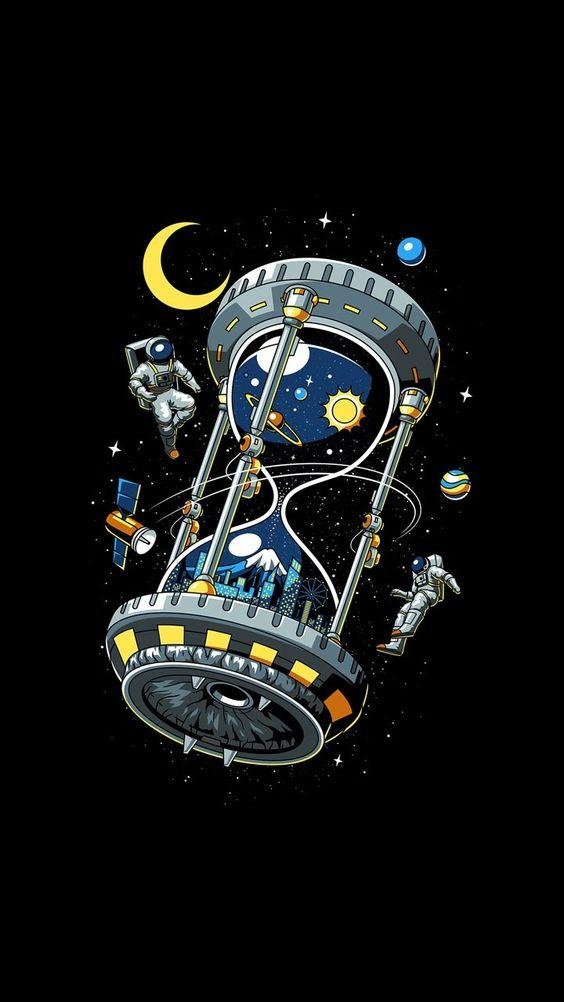
In the realms of physics and cosmology, the fundamental concepts of space and time have long been pillars upon which our understanding of the universe rests. However, recent scientific theories and discoveries suggest a profound and startling possibility: that space and time as we perceive them may not actually exist in the way we intuitively understand them. Let's delve into this intriguing concept and explore the reasoning behind it.
Rethinking Space and Time
For centuries, space and time have been considered absolute and separate entities, described by Isaac Newton in his classical mechanics and further refined by Albert Einstein's theory of relativity. According to these theories, space is the three-dimensional expanse in which objects and events occur, while time flows uniformly forward, providing a framework for sequencing events.
However, the advent of quantum mechanics and subsequent developments in theoretical physics have challenged these notions. Quantum mechanics, in particular, suggests that at the smallest scales of matter and energy, space and time may lose their traditional meaning. Instead, they might be emergent properties arising from more fundamental aspects of the universe.
The Fabric of Spacetime
According to Einstein's theory of general relativity, spacetime is not a static backdrop but a dynamic fabric that can be curved by the presence of mass and energy. This curvature, in turn, influences the motion of objects and the flow of time itself. Yet, at quantum scales, this fabric appears to behave in ways that defy our classical understanding.
Quantum Insights
In quantum mechanics, particles can exhibit behaviors such as superposition and entanglement, where their properties are interconnected regardless of distance. These phenomena suggest that space, as a discrete, continuous entity, may not exist at the quantum level. Instead, particles and fields may interact in a way that transcends our conventional spatial dimensions.
The Arrow of Time
Similarly, the concept of time as a linear progression from past to present to future is challenged by quantum mechanics. Time in this framework is more fluid, possibly reversible at microscopic scales, and influenced by the observer's perspective. This challenges our everyday experience of time as an immutable, universal constant.

Emergent Theories
Emergent theories in physics propose that space and time could be emergent properties derived from more fundamental elements, such as quantum entanglement or information processing. These theories suggest that our perception of a continuous, absolute spacetime may be a macroscopic illusion, emerging from underlying quantum structures.
Implications and Philosophical Considerations
The implications of these ideas stretch beyond physics into philosophy and our understanding of reality. If space and time are not fundamental but emergent, it raises questions about the nature of existence, consciousness, and the universe's ultimate nature.
Conclusion
While the debate over the existence and nature of space and time continues to unfold among physicists and cosmologists, one thing is certain: our understanding of these concepts is evolving rapidly. From Einstein's spacetime continuum to quantum entanglement's mysteries, the journey to comprehend the universe's fabric challenges us to rethink fundamental assumptions and embrace new perspectives.
In essence, the idea that space and time may not exist as we commonly perceive them invites us to explore the frontiers of theoretical physics and philosophical inquiry, pushing the boundaries of human knowledge and perception. As scientists continue to unravel these mysteries, the quest to understand the true nature of the cosmos remains one of humanity's most profound intellectual endeavors.








